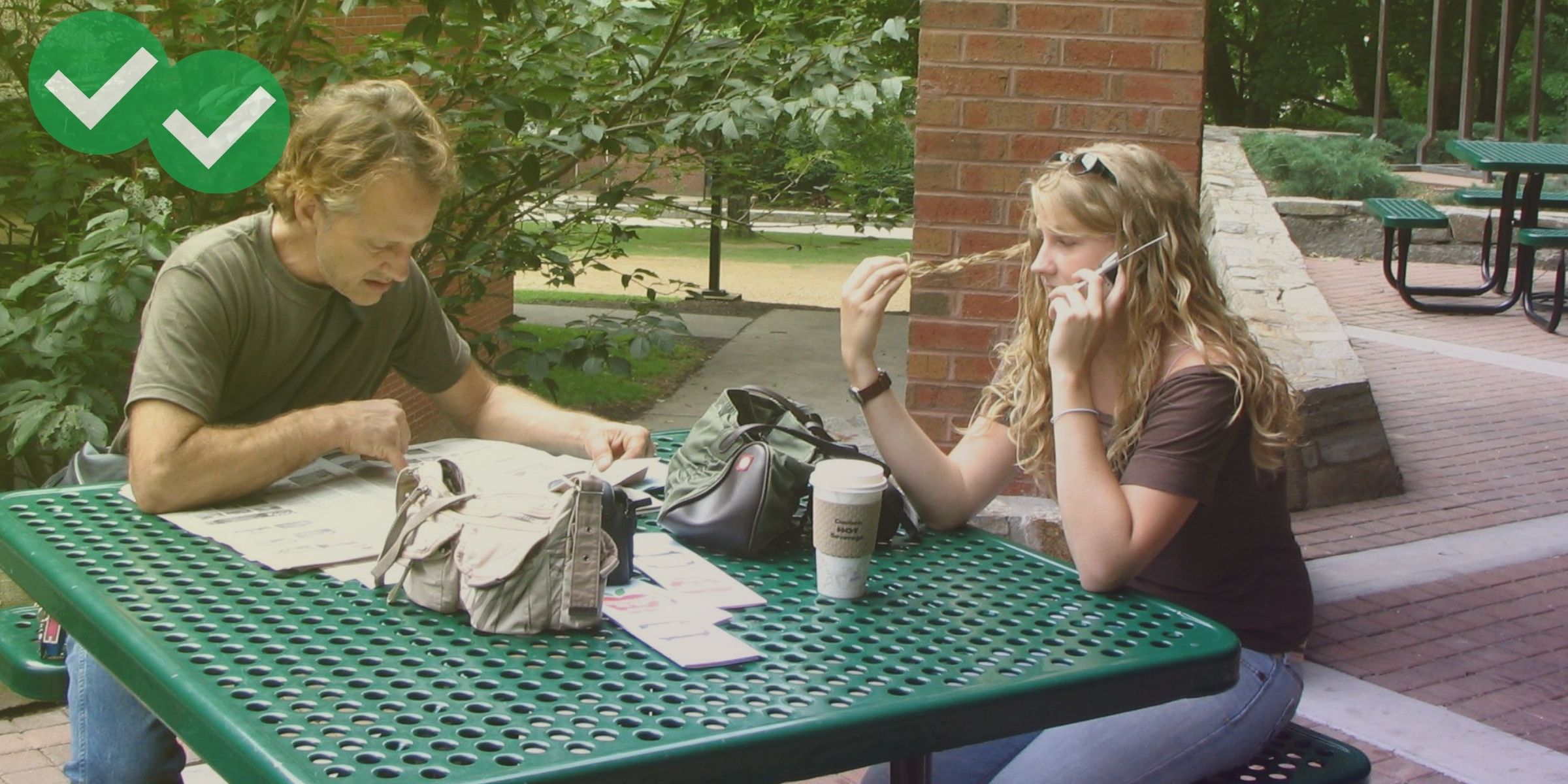Watching the clock tick down while you’re speaking is one of the most stressful parts of the entire TOEFL, but it’s very difficult to ignore it and still give a high-scoring response. With practice, you will be able to see the clock as a helpful tool rather than an added stressor.
Do timed practice
I’ve heard musicians say that performing is only scary the first 100 times, and the same is true of timed test-taking. The more practice you have, the less intimidating the test itself will be. Anytime you are practicing speaking, go ahead and set a timer. You don’t necessarily have to stop speaking the second the buzzer goes off, but at least it will help you get a feel for how long 45 or 60 seconds is. You can also do this backwards—set a stopwatch (so it counts up instead of down), and give your answer, stopping whenever you feel like you’ve answered the question successfully. Then check the stopwatch to see how long you talked. If you do lots of timed practice, you should develop a sense for how much material you can cover in a given time frame.
Don’t overdo it
The speaking section isn’t a great time to try to develop complex ideas and introduce conflicting viewpoints in-depth. Given the time constraints, answers that try to cover too much material will usually come out sounding garbled and unfocused. Instead, try to break your response down into sections that will take no more than a few sentences each to explain fully.
Speak at a natural pace
The graders want you to speak fluently, but don’t forget that they can’t grade what they can’t understand. Speaking too quickly to cram all of your (admittedly, probably brilliant) ideas into the time allotment is just asking for trouble and may result in a very low score if the graders find your response completely unintelligible. The reverse side of this problem—that is, speaking too slowly—may not interfere with graders’ understanding of your answer, but they will perceive you to be less fluent, and you won’t have adequate time to develop all of your ideas. Try to maintain a steady, natural pace to ensure that you cover all the ground you need to, and that every word is easy to understand.
Have a plan
I know I’ve said this a lot, but it bears repeating: use the thinking time to make a few quick notes and to plan your response. Not only will this prevent you from running out of time at the end of the response, as I described above, but it will also help prevent awkward pauses that may give the graders the impression of a lack of fluency.






Leave a Reply